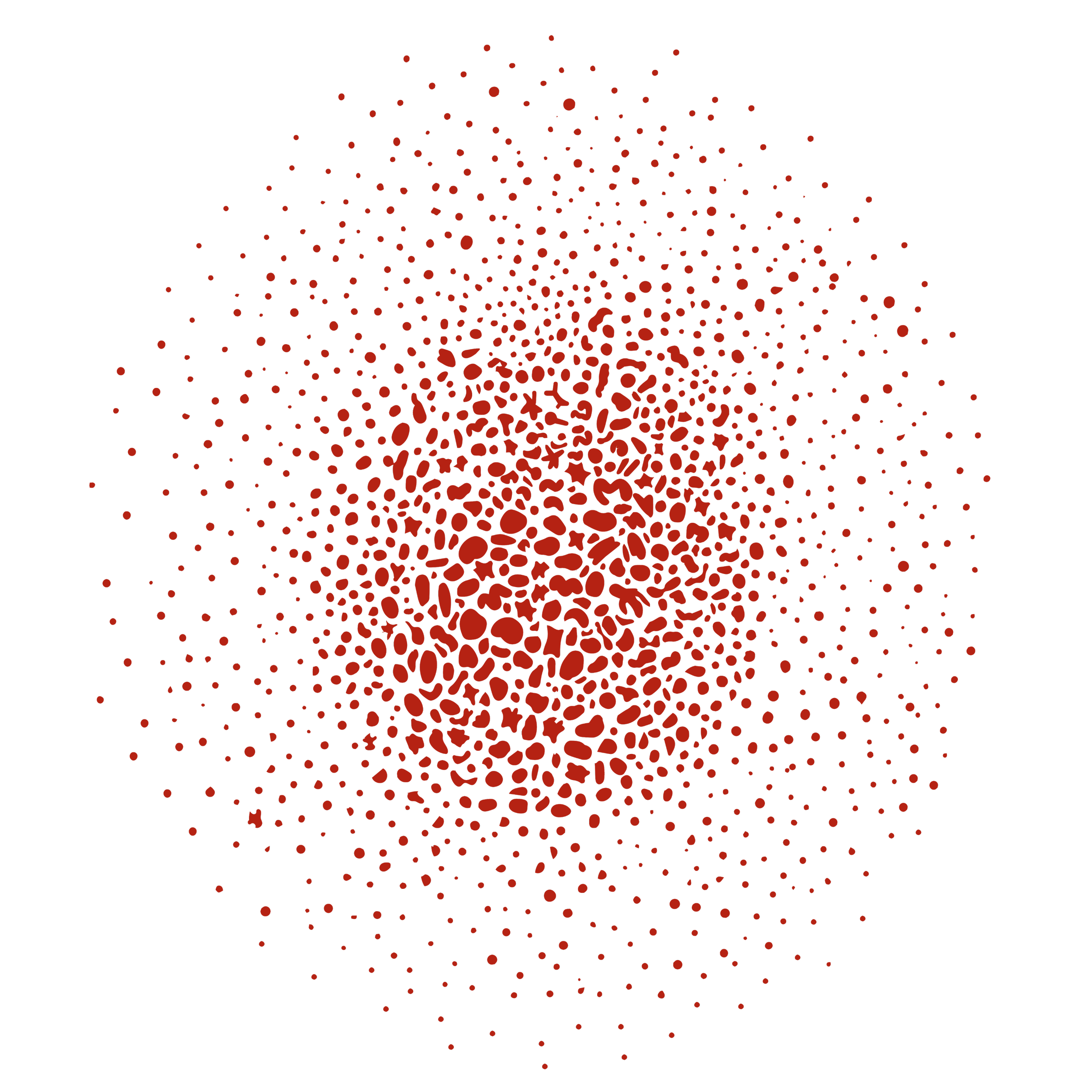
What is the Future of Rights and Governance (FORGE)?
Background & Need
Against the despair of critics who announce that current challenges spell the “endtimes” of human rights and the defensiveness of traditional actors who double down on conventional tactics, the Future of Rights and Governance (FORGE) program at NYU School of Law Center for Human Rights and Global Justice is committed to proposing new ideas and strategies for the next generation of global rights and justice thinkers and doers. The FORGE Program has provided scholars and practitioners from around the world with a space to come together to reflect, connect, dissect successes and failures, learn from each other, and develop near- and medium-term experiments for the field. Through a lens of looking back to look forward, the FORGE program has explored the following questions:
What are the successes and failures of the last decade?
What lessons can be learned for them?
How can we envision and plan for the next decade of global rights and justice work?
What specific solutions and experiments need to be undertaken to address existential challenges to global rights and justice?
Overview
Drawing on its long experience with experimental and systems thinking approaches — as well as methodologies such as foresight and design thinking — the FORGE 2025-2035 Program will identify, incubate, and mainstream solutions (aka. experiments for change) that help bolster the efficacy and legitimacy of global governance and justice in the next decade and beyond. The FORGE 2025-2035 Program launched with a conference in November 2023, but comprises a wider effort to facilitate the knowledge production, design, and implementation of solutions needed to orchestrate a more experimentalist model of global governance and a reinvigorated system of global justice. Coming out of the conference, 4 experiments for change are being further developed, resources and facilitation materials shared with the community, virtual meet-ups hosted for the surrounding community of practice, and a series of articles exploring key ideas and initiatives will be published through Open Global Rights (OGR).
To learn more, we invite you to read this framing article: Human Rights 2030 by César Rodríguez-Garavito.
Our Visual Story
The look and feel of FORGE is inspired by the definition of "forge"—to create a relationship or new conditions.
The original artwork was created by Elena Landinez, and applied through graphic design by Tegwen McKenzie, and Ariel Sim.
macrocosmo:
gathering of many
microcosmo:
individual soul
forging:
creation of a new condition


